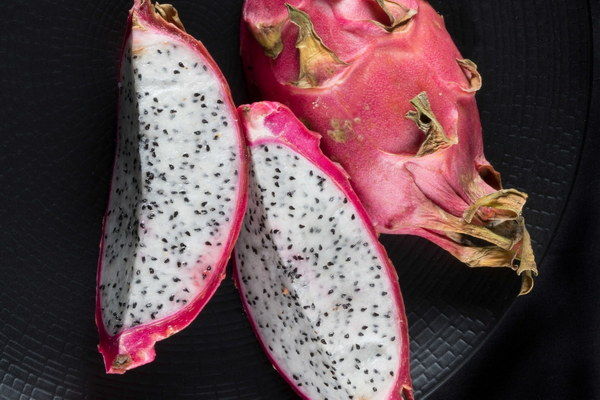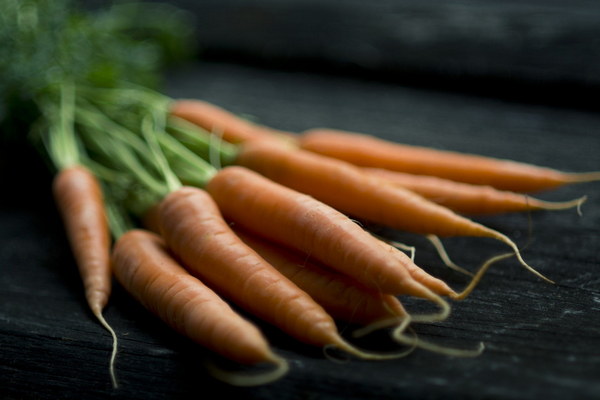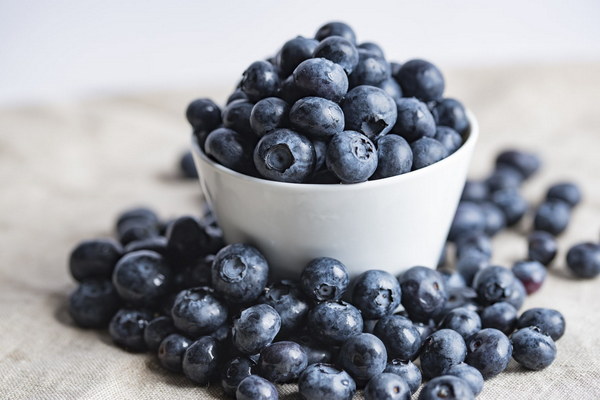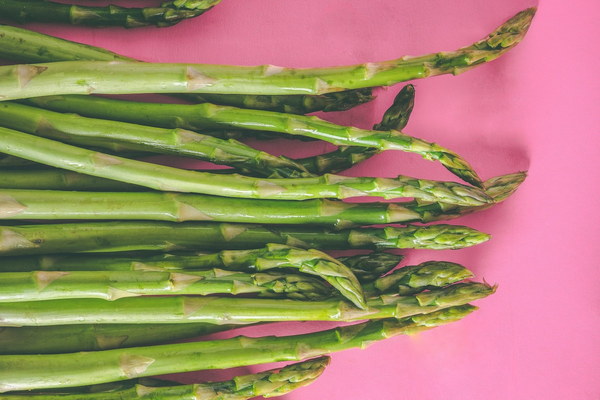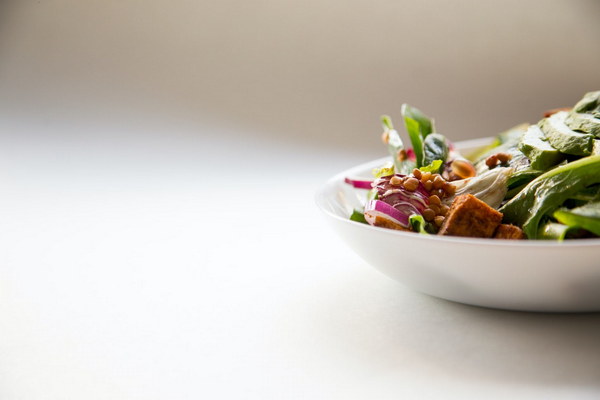The Distinction Between Nourishing and Tonifying the Kidneys A Comprehensive Guide
In traditional Chinese medicine, the kidneys are considered to be one of the most vital organs, playing a significant role in maintaining overall health and well-being. Both nourishing and tonifying the kidneys are common practices in Chinese herbal medicine and wellness, but what exactly is the difference between the two? This article aims to provide a comprehensive guide to understanding the distinctions between nourishing and tonifying the kidneys.
Nourishing the Kidneys
Nourishing the kidneys, also known as yáng shèn, is a practice that focuses on replenishing and hydrating the kidneys. It is believed that the kidneys are responsible for storing jīng, which is considered to be the essence of life. When the kidneys are deficient in jīng, it can lead to a variety of health issues, including weakness, fatigue, and decreased fertility.
Principally, nourishing the kidneys involves using herbs and foods that are believed to replenish and strengthen the kidneys. These can include:
- Herbs: Chinese herbs such as He Shou Wu, Goji berries, and Dang gui are commonly used to nourish the kidneys.
- Foods: Foods like black beans, dark leafy greens, and nuts are considered kidney-nourishing due to their high nutrient content and ability to replenish jīng.
The goal of nourishing the kidneys is to provide the necessary nutrients and hydration to strengthen the kidneys and restore their natural functions.
Tonifying the Kidneys
Tonifying the kidneys, also known as bù shèn, is a practice that focuses on strengthening the kidneys and enhancing their overall vitality. This approach is often used when there is a kidney weakness that manifests as symptoms such as fatigue, weakness, and poor immune function.
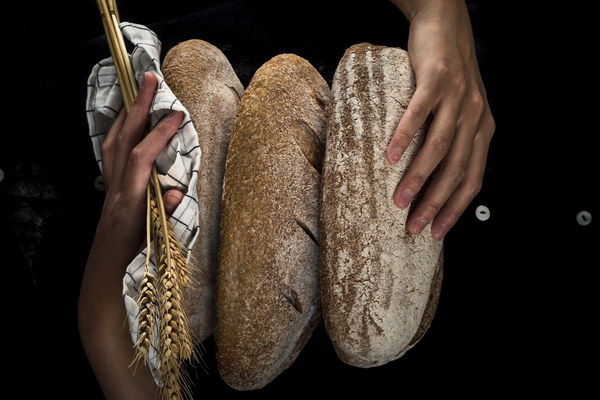
Tonifying the kidneys involves using herbs and substances that are believed to strengthen and invigorate the kidneys. These can include:
- Herbs: Herbs such as Ren Shen (Asian ginseng), Cuscuta seed, and Astragalus are commonly used to tonify the kidneys.
- Foods: Foods like ginseng, cod liver oil, and seaweed are considered kidney-tonifying due to their high vitamin and mineral content.
The purpose of tonifying the kidneys is to boost the kidney's energy and improve their function, thereby addressing the root cause of the kidney weakness.
The Key Distinction
The key distinction between nourishing and tonifying the kidneys lies in their primary objectives. Nourishing focuses on replenishing and hydrating the kidneys, while tonifying focuses on strengthening and invigorating them.
- Nourishing the kidneys is more suitable for those with a deficiency in jīng, where the kidneys are not receiving enough nourishment to function optimally.
- Tonifying the kidneys is more appropriate for those with kidney weakness, where the kidneys need to be strengthened and their functions improved.
In practice, both nourishing and tonifying can be used together, especially in cases where there is a combination of deficiency and weakness. A qualified practitioner of traditional Chinese medicine can provide a personalized treatment plan that may include a combination of both approaches.
Conclusion
Understanding the difference between nourishing and tonifying the kidneys is essential for anyone interested in traditional Chinese medicine and wellness. By knowing which approach is most suitable for their individual needs, individuals can make informed decisions about their health and well-being. Whether it's through herbal medicine, dietary changes, or a combination of both, taking care of the kidneys is a vital step toward maintaining overall health and vitality.

